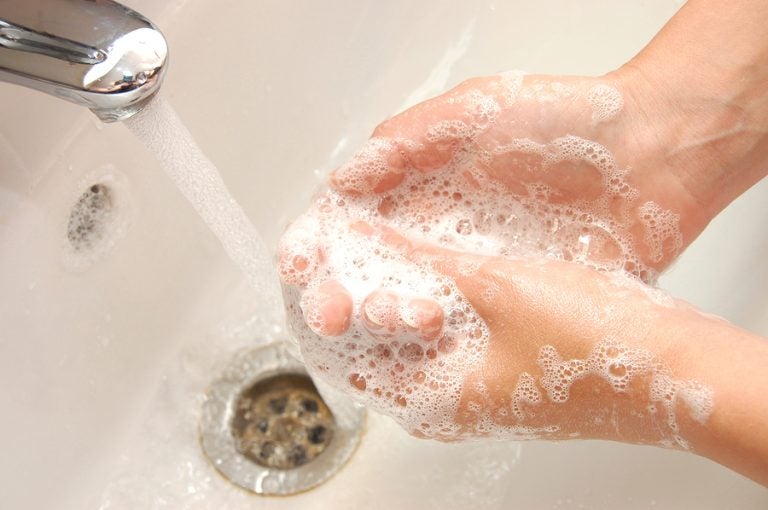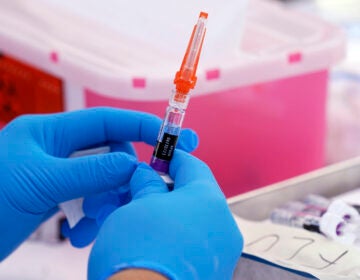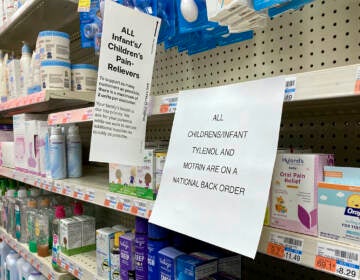How to avoid the flu, besides getting vaccinated
What steps can people take to avoid the flu, aside from getting vaccinated? Wash hands frequently, stay away from sick people, and eat a healthy diet year round, say doctors.

(voronin76/Big Stock Photo)
What steps, if any, can people take to avoid catching the flu, aside from getting vaccinated?
Anne Norris, a professor who studies infectious diseases at Penn Medicine, says there’s still a lot of mystery about how the flu is transmitted, mostly because it’s not ethical to expose lab participants to an illness that kills thousands of Americans every year.
But outbreak reports have taught researchers more about how the flu spreads, like the case of a grounded airplane in the 1970s.
The plane’s ventilation system wasn’t functioning, and one person on board had the flu. For three hours, everyone on board breathed in the same air.
“Almost three quarters of the occupants of the plane acquired influenza from one fellow passenger,” she says.
Scenarios like that have taught scientists that the flu can be transmitted through the air we breathe.
So is there anything else we can do, on top of getting the vaccine, that will further our chances of not getting sick?
“I always joke around and say you should just kind of do the things that your mom or dad taught you to do when you were younger,” says Peter Bidey, an assistant professor of family medicine at the Philadelphia College of Osteopathic Medicine.
That means wash your hands frequently, and if you’re not sick, stay away from those who are. Eat a healthy diet all year round, not just during flu season. He says that means a lot of leafy greens, citrus fruits, and extra servings of vegetables.
What about drinking lots of ginger tea or using other traditional remedies?
“I would never be one to say that a traditional remedy is a bad thing,” says Bidey, as long as it’s not harmful to one’s health. But studies on such remedies don’t persuade doctors to recommend them outright.
Sleep also seems to play a big role, Norris says.
“We do know that after vaccination, people that have a reduced amount of sleep or chronic insomnia are less responsive to the vaccine,” she says.
As for taking a ton of Vitamin C, if you feel cold symptoms coming on, Norris says, it probably won’t do much to help.
WHYY is your source for fact-based, in-depth journalism and information. As a nonprofit organization, we rely on financial support from readers like you. Please give today.




